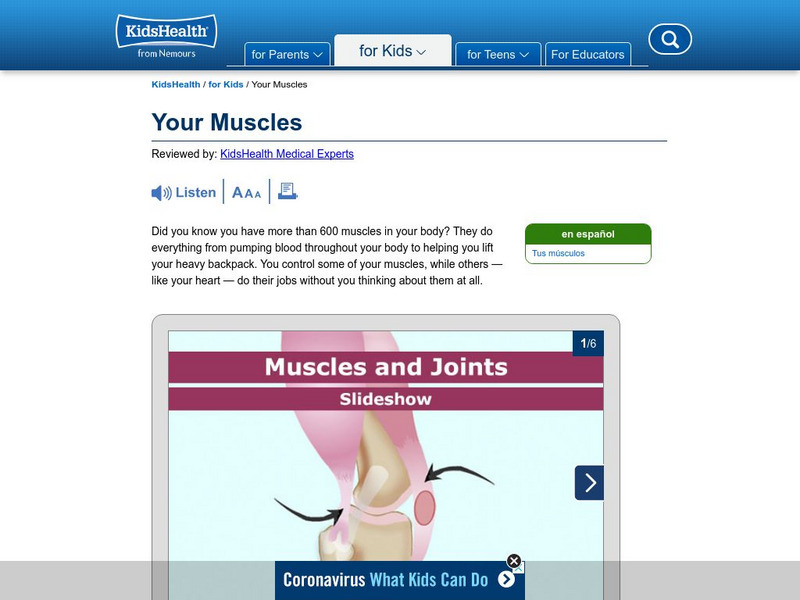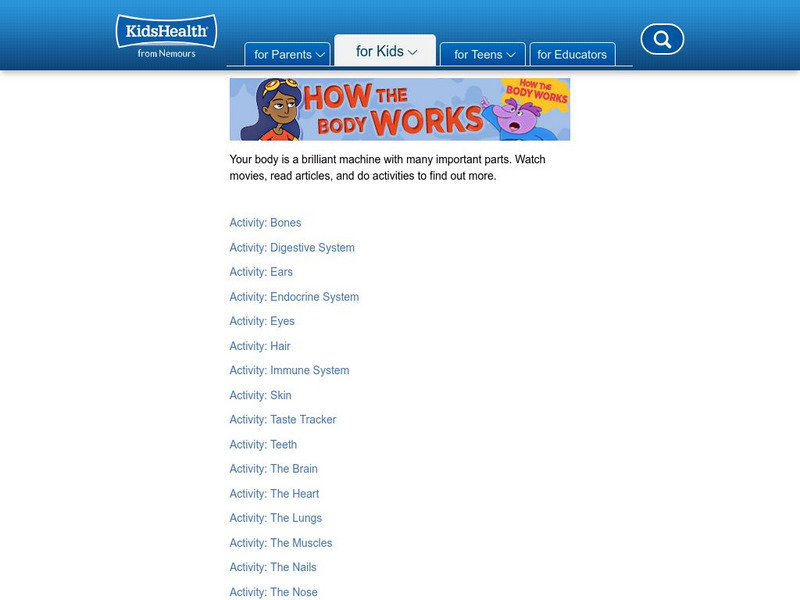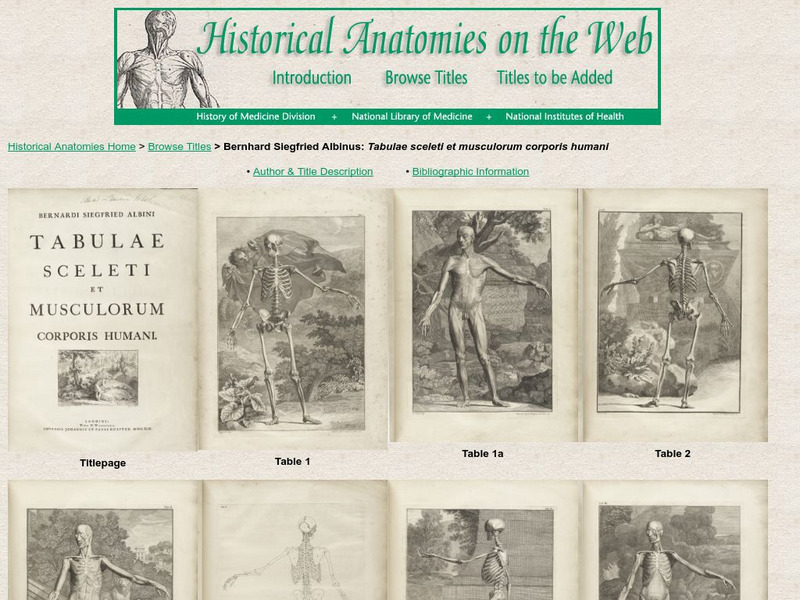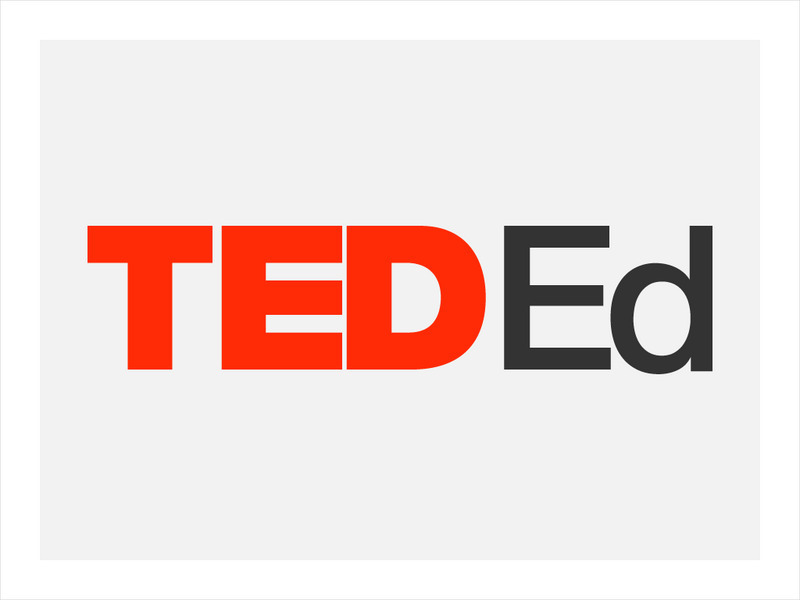Hi, what do you want to do?
Curated OER
Anger Management
Students discuss anger triggers and how they know they are getting angry. In this anger lesson plan, students discuss anger vocabulary and how to calm themselves down.
Curated OER
Noodle Knockdown
Students perform a proper overhand throw. In this physical education lesson, students practice overhand throwing using specific sequential cues such as "statue" and "muscleman". Each step is explained in detail. Students play a team game...
Curated OER
Spectacular Squid
Students study squid including what family they are in. In this exploratory lesson students view a video, answer questions and complete an activity on squid.
Curated OER
Top 10 Aerospace Lesson Plans
You can use these exciting aerospace lesson plans to supplement nearly any unit in your science curriculum.
Curated OER
Enzymes in Action
You can use these easy and inexpensive labs to demonstrate enzyme activity.
Curated OER
Have an Active Day! Exercise and Health Activity
In this health and exercise worksheet, students put a star next to activities on a list that they already do, then put a check next to those activities they would like to try.
Curated OER
Mammals
In this mammals worksheet, students read about 3 mammal characteristics: endotherm, diaphragm, and mammary glands. Students use this information to complete 4 short answer questions.
Curated OER
Haunted House Challenge Fitness Stations
Students rotate through ten physical fitness stations. They perform various stretching and strengthening activities for three minutes at a time.
Curated OER
Chromosomes
Students explore genetics, chromosomes and DNA. In this genetics lesson plan students design a chromosome and identify a family tree through genetics.
OpenStax
Open Stax: Axial Muscles of the Abdominal Wall and Thorax
It is a complex job to balance the body on two feet and walk upright. Learn here all about the axial muscles of the abdominal wall and thorax.
Curated OER
Kids Health: How the Body Works Movies and Activities
Short, colorful movies explain each of the body's systems: skeletal, cardiovascular, digestive, urinary, respiratory, endocrine, skin, immune, muscular, and nervous. Once you've seen the movie, click on the Activity Page link for...
Curated OER
Kids Health: Your Multi Talented Muscles
At this site you will learn what muscles are made up of and find out about the different types of muscles in the body. A great illustration of a skeletal muscle is also provided. Available in Spanish.
Library of Congress
Loc: Everyday Mysteries: What Is the Strongest Muscle?
There are a variety of ways one can look at what might be the strongest muscle in the body. This site defines the various types of muscles and goes on to explain which would be considered the strongest.
Bartleby
Bartleby.com: The Muscles and Fascie of the Foot
The various muscles in the foot explained in depth including position on the foot, diagrammed, nerves, and action of the muscle. Some of the muscles discussed in the site are extensor digitorum brevis, extensor hallucis brevis and...
CK-12 Foundation
Ck 12: Life Science: Organization of the Human Body
[Free Registration/Login may be required to access all resource tools.] Cells, like these nerve cells, do not work in isolation. To send orders from your brain to your legs, for example, signals pass through many nerve cells. These cells...
PBS
Pbs Learning Media: Map of the Human Heart
See how the human heart moves blood through the body in this animated feature from the NOVA: "Cut to the Heart" Web site.
Curated OER
Kids Health: Bones, Muscles and Joints
The anatomy of the musculoskeletal system and what the bones, muscles and joints do in our bodies are explained. Interactive diagrams show the internal structure of a bone, and how muscles and joints work together. Major disorders of the...
Curated OER
Kids Health: A How the Body Works
This resource provides complete, mini-learning modules about different aspects of the human body. Click on the eyeball to focus your search.
OpenStax
Open Stax: Anatomy and Physiology: Types of Tissues
The term tissue is used to describe a group of cells found together in the body. Although there are many types of cells in the human body, they are organized into four broad categories of tissues: epithelial, connective, muscle, and...
National Institutes of Health
National Library of Medicine: Historical Anatomies of the Web: Albinus, Bernhard
Images from the 18th century anatomy text, "Tabulae sceleti et musculorum corporis humani" by Bernhard Siegfried Albinus. There are drawings of individual bones, skeletons and musculature. The text on the images is in Latin. Title and...
TED Talks
Ted: Ted Ed: What Makes Muscles Grow?
We have over 600 muscles in our bodies that help bind us together, hold us up, and help us move. Muscles also need constant attention, because the way you treat them on a daily basis determines whether they will wither or grow. This...
Ducksters
Ducksters: Biology for Kids: Muscles in the Human Body
Kids learn about the science of muscles in the human body. How we move and get around.
National Cancer Institute at the National Institutes of Health
Seer Training Modules: Introduction to the Muscular System
Self-guided learning activity where students learn about the structure and function of the human muscular system. There is a short quiz at the end of the lesson to check for understanding.

























